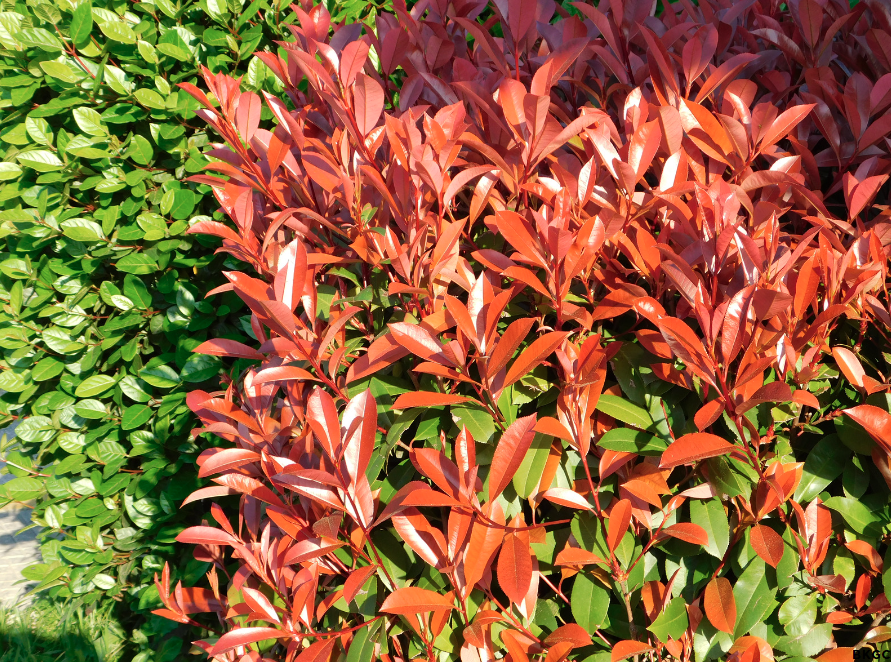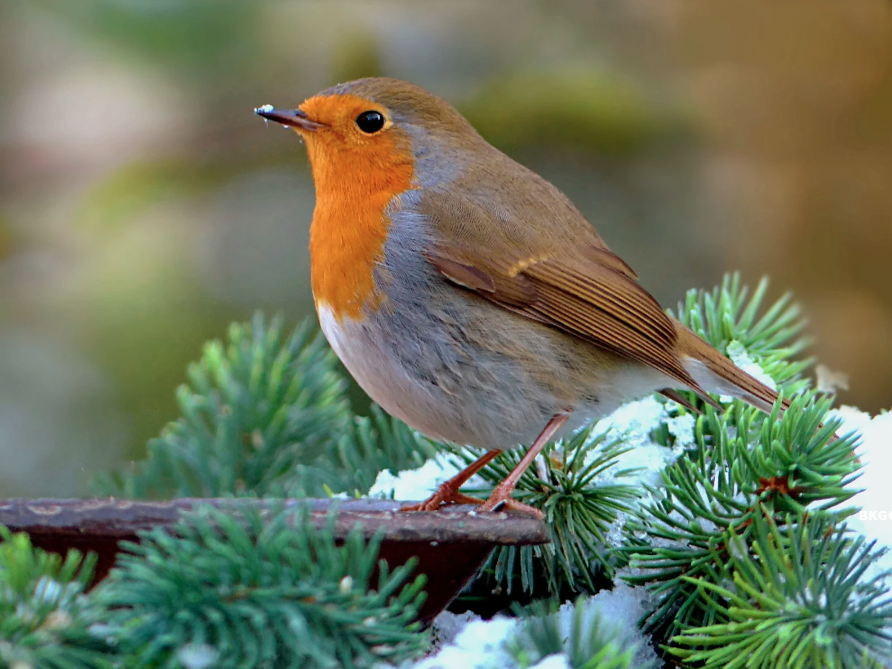As with every month, there are always bits to be done in the garden – if you can face the weather! For the more hardy-perennial gardeners, here are some bits you can get done that the garden (and nature) will thank you for!
Hedge Cutting is best done during dormancy so that plants don’t lose too much sap from pruning cuts. So now is the best time to hard-prune a hedge that has become too big.
This month is perfect for planting new fruit trees and bushes (providing the ground isn’t frozen). Dig over and weed available areas of your garden or vegetable plot and incorporate Farmyard Manure when planting. Certain vegetable plants can also be planted in November. These include Pak Choi, Garlic, Onions and Shallots and Asparagus crowns.
Also, ornamental trees and roses will benefit from being planted now. Planting while these plants are dormant will help the roots establish more quickly and now is the perfect time because the soil is still warm from the summer, and typically moist.
If you have already planted your winter vegetables, then you may well already be enjoying them! But some varieties will continue to grow throughout the winter – cabbages and root veg. Remember to keep an eye on them in case they need watering. And be sure to protect them against slugs, snails and hungry birds!


Put out bird food and water on a regular basis throughout autumn and winter. Birds need high-energy high-fat foods during the colder months. We have many options to choose from in our fully-stock Wild Bird Care department.
And don’t forget other wildlife! You could purchase or make a ‘Bug Hotel’ but even a pile of fallen branches and leaves in the corner of your garden will provide a habitat for overwintering insects and small animals.
As and when a frost is forecast, you’ll need to protect more delicate plants. If you can, bring pots of tender plants into a conservatory or greenhouse. If that’s not possible, wrapping them in garden fleece or bubble wrap overnight will do the trick and keep them protected. If we do get snow (unlikely in November, but NOT impossible!) then ensure snow is brushed off the fleece / bubble wrap to ensure plants aren’t damaged from the weight or insulated in freezing snow for too long!
When your perennials have finished flowering, cut back the old foliage and dead flower stems to the ground. This will help prevent storm damage, fungus and pests. However, if you have perennials with attractive looking seed heads, you can leave them to provide winter interest. They can look beautiful when frosty and provide habitats for insects. It’s also worth considering that some flower heads look fantastic when dried and can make lovely displays inside the home – alliums and hydrangeas can look particularly striking when dried.
Garden Centre
| MONDAY | 09:00 - 17:30 |
| TUESDAY | 09:00 - 17:30 |
| WEDNESDAY | 09:00 - 17:30 |
| THURSDAY | 09:00 - 17:30 |
| FRIDAY | 09:00 - 17:30 |
| SATURDAY | 09:00 - 17:30 |
| SUNDAY | 09:00 - 16:30 |
The Garden Restaurant
| MONDAY | 09:00 - 17:00 |
| TUESDAY | 09:00 - 17:00 |
| WEDNESDAY | 09:00 - 17:00 |
| THURSDAY | 09:00 - 17:00 |
| FRIDAY | 09:00 - 17:00 |
| SATURDAY | 09:00 - 17:00 |
| SUNDAY | 09:00 - 16:30 |
Garden Centre open for browsing only on Sunday until 10:00
Telephone: 01243 756175
Email: customerservice@brickkilngardencentre.co.uk
Bognor Road, Chichester, West Sussex, PO20 1EJ